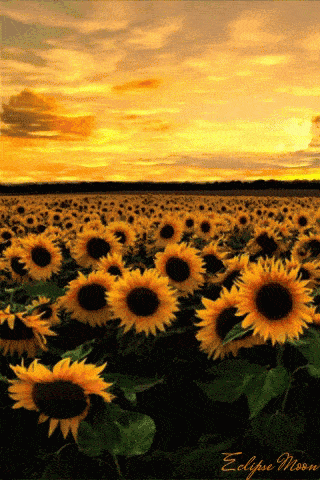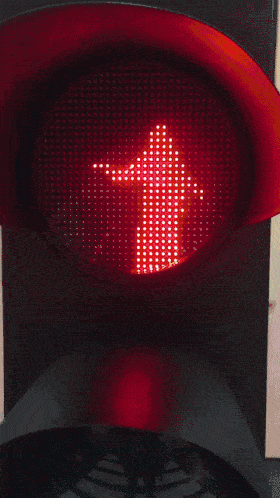




Hey everyone! Have you ever wondered what the color of the aura is? Today you can find the answer to this question! All you have to do is answer twenty questions from this quiz. They are about your personality, character, and what you like to do. Before we get to the quiz, let’s consider some important points. Let’s talk about human nature, personality, and character.
What is the definition of a person? What makes us different? A person is a being that has certain capacities or attributes such as reason, morality, consciousness, or self-consciousness. To be a person means to be a part of a culturally established form of social relations such as kinship, ownership of property, or legal responsibility. The defining features of personhood and what makes a person count as a person, differ widely among cultures and contexts.
Personhood is the status of being a person. Defining personhood is a controversial topic in philosophy and law. It is closely tied to legal and political concepts of citizenship, equality, and liberty. According to common worldwide general legal practice, only a natural person or legal personality has rights, protections, privileges, responsibilities, and legal liability. However, what is more, important is the personality. This is what makes us original individuals and distinguishes us from other people.
Personality is the characteristic sets of behaviors, cognitions, and emotional patterns that evolve from biological and environmental factors. While there is no generally agreed-upon definition of personality, most theories focus on motivation and psychological interactions with the environment one is surrounded by. Trait-based personality theories, such as those defined by Raymond Cattell, define personality as traits that predict an individual’s behavior. On the other hand, more behaviorally-based approaches define personality through learning and habits. Nevertheless, most theories view personality as relatively stable.
Many factors analyze found the Big Five, which includes openness to experience, conscientiousness, extraversion, agreeableness, and neuroticism (or emotional stability), known as “OCEAN”. These components are generally stable over time. About half of the variance appears to be attributable to a person’s genetics rather than the effects of one’s environment.
Another interesting finding has been the link found between acting extraverted and positive effects. Extraverted behaviors include acting talkative, assertive, adventurous, and outgoing. The instrumental theory suggests that extroverts end up making choices that place them in more positive situations and they also react more strongly than introverts to positive situations. The temperamental theory suggests that extroverts have a disposition that generally leads them to experience a higher degree of positive affect. In their study of extraversion, Lucas and Baird found no statistically significant support for the instrumental theory. However, they found that extroverts generally experience a higher level of positive affect.
Research has been done to uncover some of the mediators that are responsible for the correlation between extraversion and happiness. Self-esteem and self-efficacy are two such mediators.
Self-efficacy is one’s belief about abilities to perform up to personal standards, the ability to produce desired results, and the feeling of having some ability to make important life decisions. Self-efficacy is related to the personality traits of extraversion and subjective well-being.
Self-efficacy only partially mediates the relationship between extraversion and subjective happiness. This implies that other factors mediate the relationship between subjective happiness and personality traits. Self-esteem may be another similar factor. Individuals with a greater degree of confidence about themselves and their abilities seem to have both higher degrees of subjective well-being and higher levels of extraversion.
Other research has examined the phenomenon of mood maintenance as another possible mediator. Mood maintenance is the ability to maintain one’s average level of happiness in the face of an ambiguous situation – meaning a situation that has the potential to engender either positive or negative emotions in different individuals. It is a stronger force in extroverts. This means that the happiness levels of extroverted individuals are less susceptible to the influence of external events. This finding implies that extroverts’ positive moods last longer than those of introverts.
So, in my opinion, based on all the factors we have described above, we can tell what color someone has an aura. But that’s my definition. According to the books and spiritual beliefs, an aura or human energy field is a colored emanation said to enclose a human body or any animal or object. In some esoteric positions, the aura is described as a subtle body. Psychics and holistic medicine practitioners often claim to have the ability to see the size, color, and type of vibration of an aura. In spiritual alternative medicine, the human being’s aura is seen as part of hidden anatomy that reflects the state of being and health of a client, often understood to even comprise centers of vital force called chakras. Such claims are not supported by scientific evidence and are thus pseudoscience. When tested under scientific controlled experiments, the ability to see auras has not been proven to exist.
What color is your aura? Answer twenty questions and see for yourself!